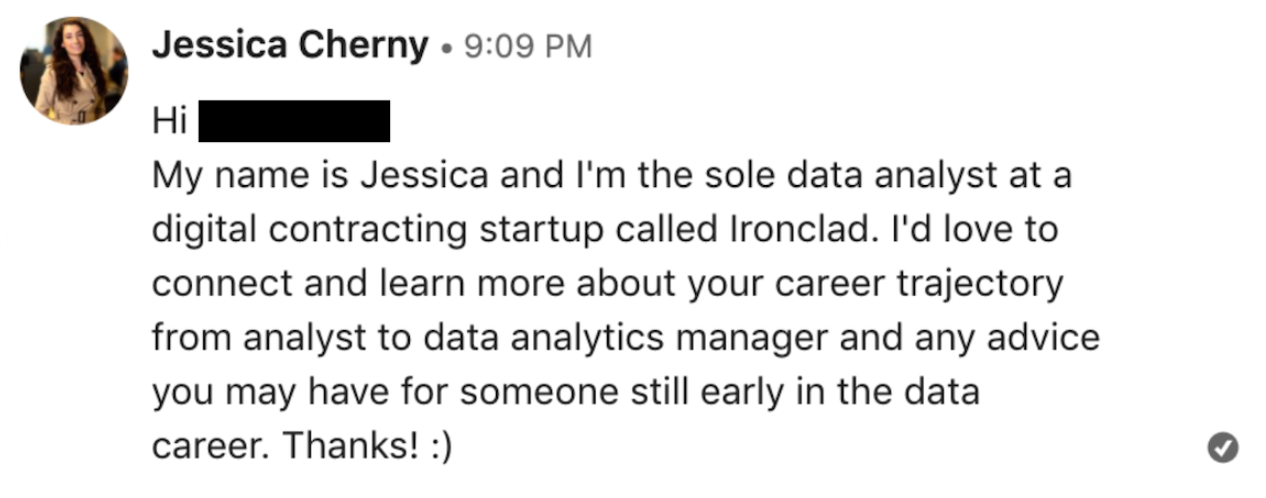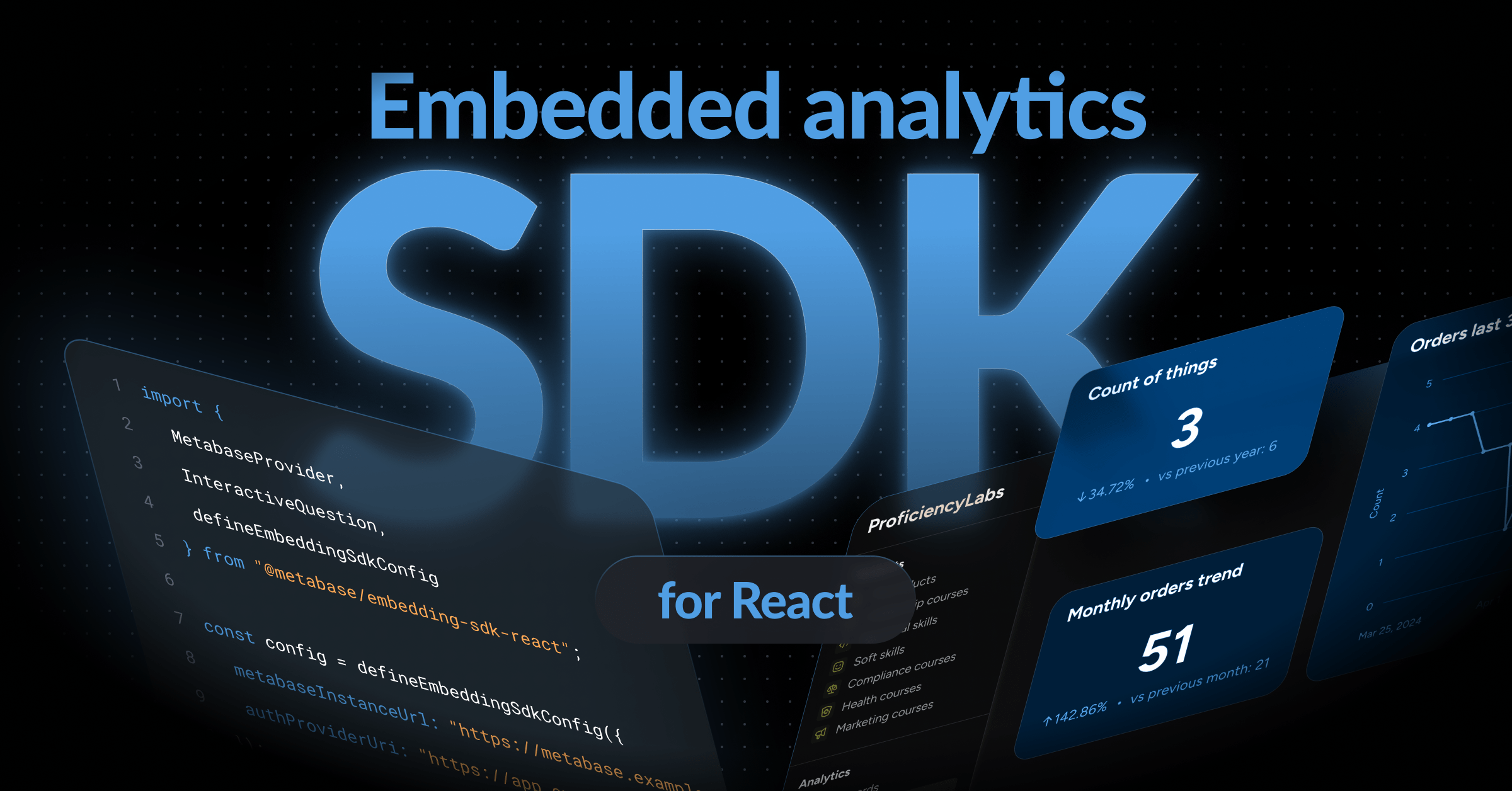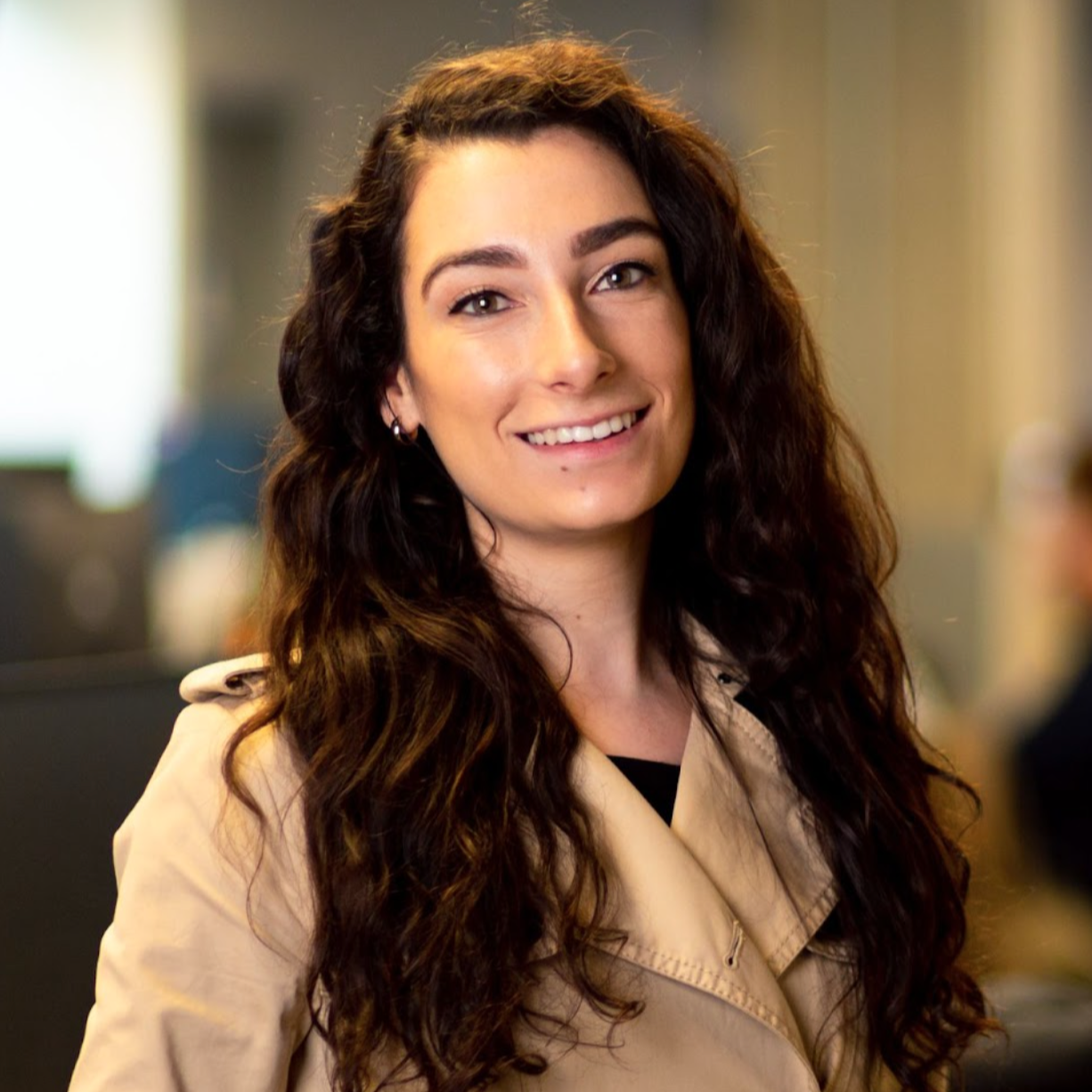The story of Data Angels begins my unique career journey
Right after graduating from college, I started my first full-time job as the only data analyst at a 100-person startup called Ironclad.
I very quickly (and happily) realized I was going to grow a lot here. The people were smart and kind, the problems I worked on were meaningful, and there was a lot of zero to one data work that needed to be done. It truly felt like I was on a career growth rocketship.
At the time, I didn’t have a traditional data science manager. My manager was Ironclad’s VP of Product who wasn’t involved in the day-to-day of data processes at Ironclad but had a data science background. We’d meet weekly one on one to discuss advice on how I could uplevel myself on my project, best practices, and career growth but guidance on my daily work was minimal. I had to figure out a lot of things on my own, which is great for a hungry new grad. I took on more and more impactful data projects and, soon enough, I went from being the data analyst for one product team to being the data analyst for both the Product and Customer Success orgs at Ironclad. I was even called a “Data Angel” by one of my coworkers. That stuck with me and made me feel valued. More on that later.
Talking to people who would later join Data Angels community
My manager was very well-connected and thought it would be good to be mentored by several folks in her network that were senior data science and product leaders. So, I started meeting people via Zoom (way before it was cool) to talk about advice they’d have for someone young in their data career.
I would do this monthly once I got the hang of it and started reaching out to other data leaders I’d find on LinkedIn or Twitter. Nine times out of ten, senior data folks would respond to my reachout as long as the message felt personal (see below).

Over time, my list of contacts (and the notes I took from each meeting) was getting long and every time I’d get off of these calls, I’d crave for an informal way to keep in touch with these awesome people since they offered loads of valuable technical, team, and career progression advice. I also noticed most of the senior data folks or data leaders I gravitated towards were women. Something about talking to another woman in the same space felt different for me. Like an unspoken kinship.
Focusing Data Angels community on women in data
Meanwhile, I knew other women from my college days who were also early in their data careers and were going through similar feelings. I wanted somehow to share the information I was learning from my 1:1 chats with my fellow young women in data.
One August afternoon, I was going over this sentiment with my triplet sister Diana, also a data analyst, and how I wanted to create a community for women in data (of all levels) to keep in touch, share opportunities and advice, and ask for help.
And that’s how the Data Angels slack community was born. I came up with the name because that one time my coworker called me a Data Angel. This re-claiming of what it meant to be a data person never left me. All data people should consider themselves Data Angels. Instead of thinking of ourselves as “data monkeys”, the Data Angel title gives more agency to the work we do. I wanted other women to see themselves as Data Angels too.
Diana and I first started by reaching out to our friends in the data space or those who were interested in data and asking them to join the community. After a while, we started talking about Data Angels more on Twitter and it got attention. We eventually grew to a community of 500+ women. I now host events like speed mentoring or panels on the world of different data careers every couple of months and that also gets more engagement and interest in the group.
I think women benefit from seeing others go through similar experiences. Whether it’s landing their first data internship, negotiating salary, figuring out mentorship and early career planning, or pining after a promotion – it helps to see you’re not alone.




